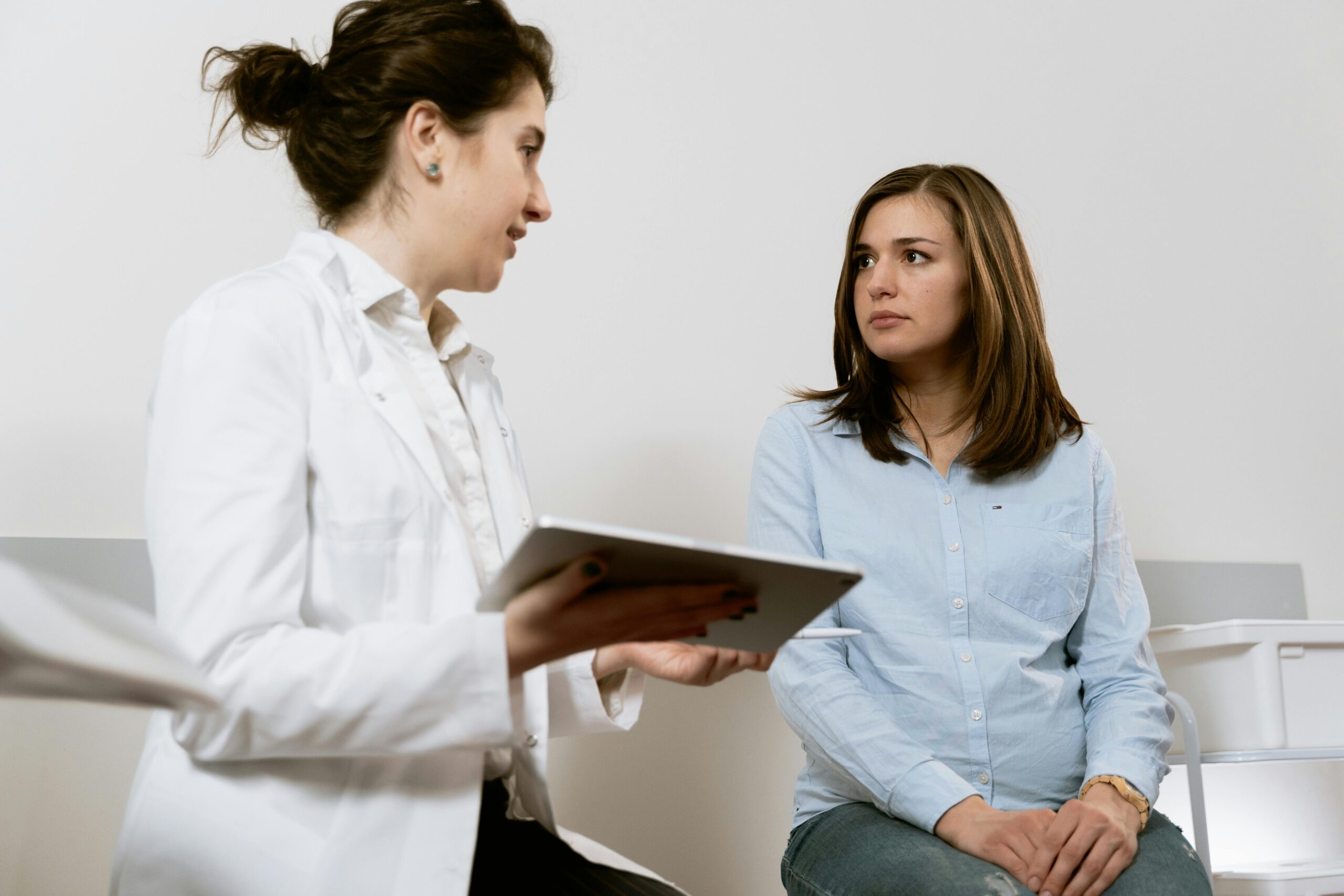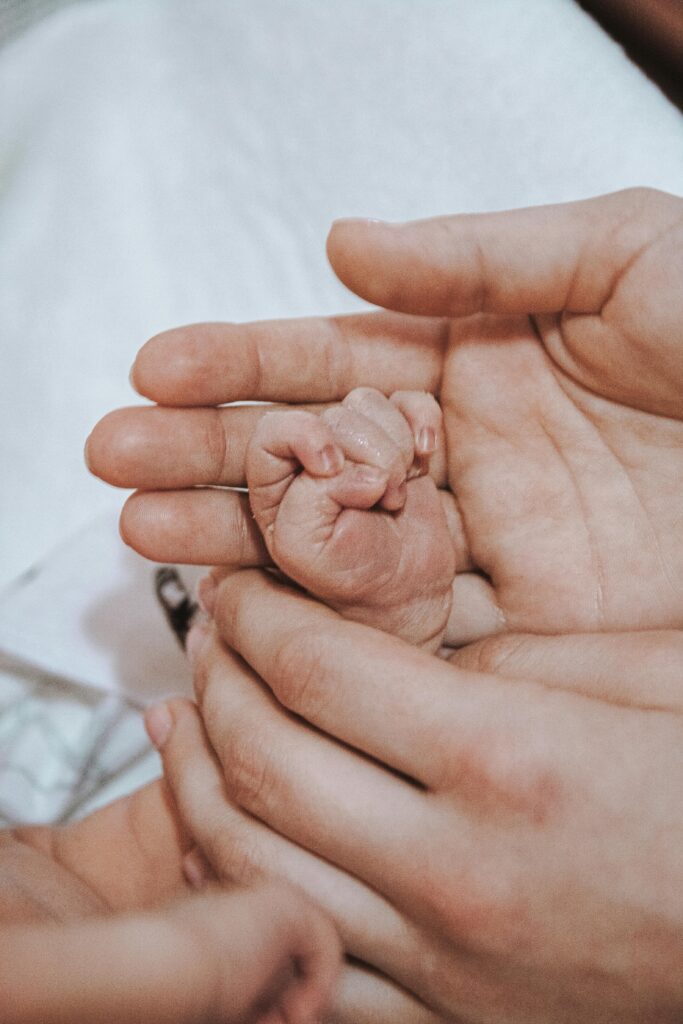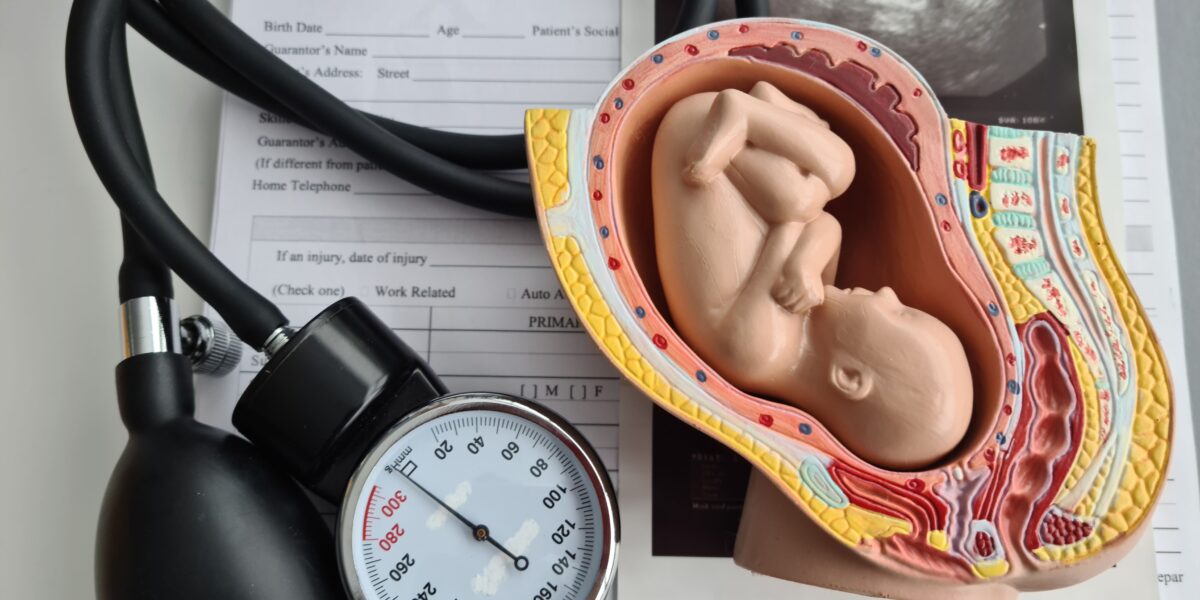Dr. Karysse J Hutson, Obstetrician & Gynecologic Surgeon, FACOOG Save the Storks National Medical Director
Abortion is a topic that carries significant weight both emotionally and ethically. In the life-affirming community, it’s crucial to share the medical and statistical truths about the risks and effects of abortion on women.
Did you know it is estimated that 125,000 abortions occur each day worldwide, equating to 50 million fetal deaths annually?
In this blog, we’ll explore the facts and statistical risks associated with abortion.
Breast Cancer
Breast cancer is a leading cause of death in women ages 20-59. 1 in 8 women will get breast cancer.
Dr. Ian Gentles & Dr. Joe Brind compiled 109 large worldwide studies regarding abortion and breast cancer and proved an overall 40% risk of breast cancer in women who have had an abortion. (Only 20% of breast cancers are caused by family genetics.) Having had an abortion is the highest of all risk factors for developing future breast cancer. Breast cancer cases rose 32% in 1987, 10 years after abortion was legalized.
Dr. Huang analyzed 36 studies in China after their “One Child Policy” had been enforced and proved a 44% increased risk of breast cancer after having one abortion, a 76% risk after two, and a 90% risk after three abortions.

Dr. Janet Daling proved an 800% increased lifetime risk of getting breast cancer in girls who had an abortion at 18 years old or younger.
Premature Birth
There is a 36% increased risk of preterm birth after one surgical abortion, and 93% increased risk after two surgical abortions.

Before the legalization of abortion, 6% of all births were preterm. Following the legalization of abortion, preterm births increased to 13% (a 100% increase). The US now ranks 6th among all of the world’s countries in the highest rates of preterm birth. One million babies are born prematurely each year in the US, and 11,000 babies die annually the day they are born due to prematurity.
Psychological Problems
A large compilation of studies from 1995-2009 showed a woman who has had an abortion has an 81% increased risk of significant life-changing mental health problems. Increased mental health problems include depression, anger, sadness, guilt, shame, feelings of worthlessness, post-traumatic stress disorder, eating disorders, sexual dysfunction, trouble sleeping, alcohol and drug abuse, child neglect/abuse, and is seven times more likely to commit suicide.
Compared with women who had unintended pregnancies and carried them to full-term, women who chose abortion were over 50% more likely to have significant negative mental health outcomes, proving that even in cases of traumatic situations leading to pregnancy, carrying the pregnancy is protective to the maternal psyche.
Uterine Damage
Not only can the cervix be damaged during abortion, but there is an increased risk of internal uterine permanent scarring preventing future pregnancy, damage to the fallopian tubes causing sterility, significant blood loss and hemorrhage, internal infection, and sepsis, future risk of miscarriage, and difficulty becoming pregnant again.
Because of these scientifically proven medical risks to women undergoing an abortion, I do not recommend abortion to my patients, and I advocate for supporting women with an unplanned pregnancy. We each have an important role to play in ending abortion in our nation, beginning with our vocal support of every pregnancy. Every life is unique, valuable, and important, including the mothers, fathers, and unborn children of people facing an unintended pregnancy.
Heart Disease
A study published in the peer-reviewed International Journal of Cardiology: Cardiovascular Risk and Prevention in 2024 found a clear link between elective abortion and cardiovascular disease in the first six months after a live birth. Medicaid records of over a million (1,002,556) women were analyzed to identify their medical history – specifically, history of pregnancy losses, cardiovascular disease, diabetes, and hyperlipidemia. Women were split into five groups: (1) those without a history of pregnancy loss or cardiovascular disease before first live birth, (2) those with a history of pregnancy loss but no cardiovascular disease before first live birth, (3) those with a cardiovascular disease diagnosis after a pregnancy loss but before their first live birth, (4) those with a history of cardiovascular disease but not pregnancy loss before first live birth, (5) those with a cardiovascular disease diagnosis before a first pregnancy loss and first live birth.
After controlling for race, state of residence, and history of diabetes and hyperlipidemia, the researchers found that compared to the first group, the four pregnancy loss groups had a higher risk of cardiovascular disease by 15%, 214%, 79%, and 129%, respectively. This shows that pregnancy loss poses an independent risk of cardiovascular disease after a first live birth regardless of whether the woman has a history of this condition prior to her first live birth. In a press release, study author David Reardon states, “While miscarriages are tragic and unavoidable, elective abortions are entirely avoidable and clearly contribute to the number one cause of death in our country. The American Heart Association has been vocal in warning women of the link between miscarriage and heart disease. I hope that these numbers will motivate a similar warning on abortions.”
This study may call for further research isolating the link between induced abortion and cardiovascular disease risk compared to other forms of pregnancy loss.
Women Deserve to Know the Risks of Abortion
Understanding the emotional and ethical complexities of abortion is vital, as is sharing accurate medical and statistical information about its risks. As more medical professionals come forward with the facts, fewer women will feel pressured or misled about abortion. Women deserve to know all the potential effects of induced abortion on their bodies.
Abbreviated references:
Breast Cancer:
- https://pubmed.ncbi.nlm.nih.gov/30831018/
- https://pubmed.ncbi.nlm.nih.gov/12751491/
- https://pubmed.ncbi.nlm.nih.gov/17957788/
- https://pubmed.ncbi.nlm.nih.gov/12067799/
- https://pubmed.ncbi.nlm.nih.gov/24272196/
- https://academic.oup.com/jnci/article-abstract/86/21/1584/1062090?redirectedFrom=fulltext
Preterm Birth:
- https://www.ncbi.nlm.nih.gov/books/NBK78374
- https://pubmed.ncbi.nlm.nih.gov/15777440
- https://www.ajog.org/article/S0002-9378(15)02596-X/fulltext
Psychological Damage:
- https://www.ncbi.nlm.nih.gov/pmc/articles/PMC6207970
- https://journals.sagepub.com/doi/full/10.1177/2050312116665997
- https://acamh.onlinelibrary.wiley.com/doi/abs/10.1111/j.1469-7610.2005.01538.x?systemMessage=Wiley+Online+Library+will+be+disrupted+4+Feb+from+10-12+GMT+for+monthly+maintenance













